How to Play Piano for Beginners Effectively (7 Easy Steps)
Learning how to play piano as a beginner can be both exciting and a bit overwhelming. However, with the right approach, you can make the process easy and fun. In this guide, Pinanosintheparks.com will walk you through some simple and effective steps to get started, even if you’ve never touched a piano before. Follow these steps, and you’ll be playing your first tunes in no time!
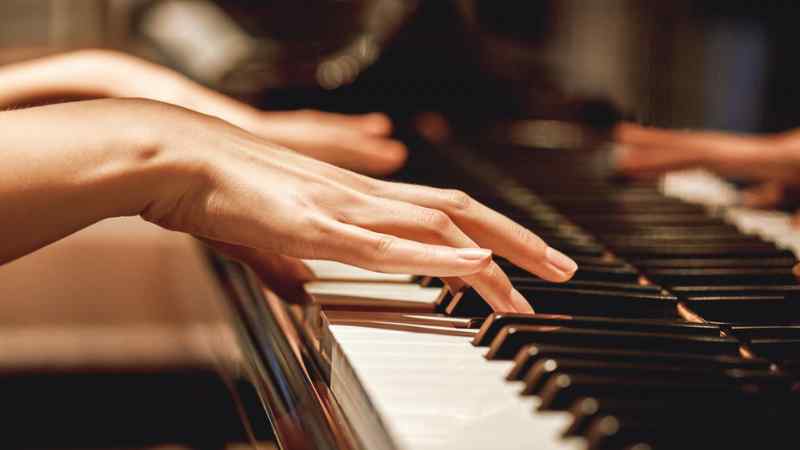
Step 1: Understand Piano Notes
Before you start learning how to play piano physically, it’s important to get familiar with music notes. Think of music notes like the alphabet. Just as the alphabet starts with A and ends with Z, music notes use letters from A to G. These notes repeat themselves across the piano keyboard.
Reading More:
- Benefits of Playing Piano
- Piano Chords for Beginners
- 5+ Best Piano for Beginners Sheet Music
- Play Piano Online Quickly for Beginners
- How to Maintain a Grand Piano
A good way to start learning notes is by singing the familiar “Do-Re-Mi” tune. Here’s a simple breakdown:
| Notes | Keys |
| Do | C |
| Re | D |
| Mi | E |
| Fa | F |
| Sol | G |
| La | A |
| Si | B |
After G, the sequence repeats. Find all the C notes, then the G notes, and so on, to become comfortable with the keyboard layout.
Find “Middle C” on your piano; it’s usually near the center of the keyboard. Start by identifying a group of two black keys in the center of the piano. Then Middle C is the left white key of this group. Place your right-hand thumb on it to start playing simple melodies.
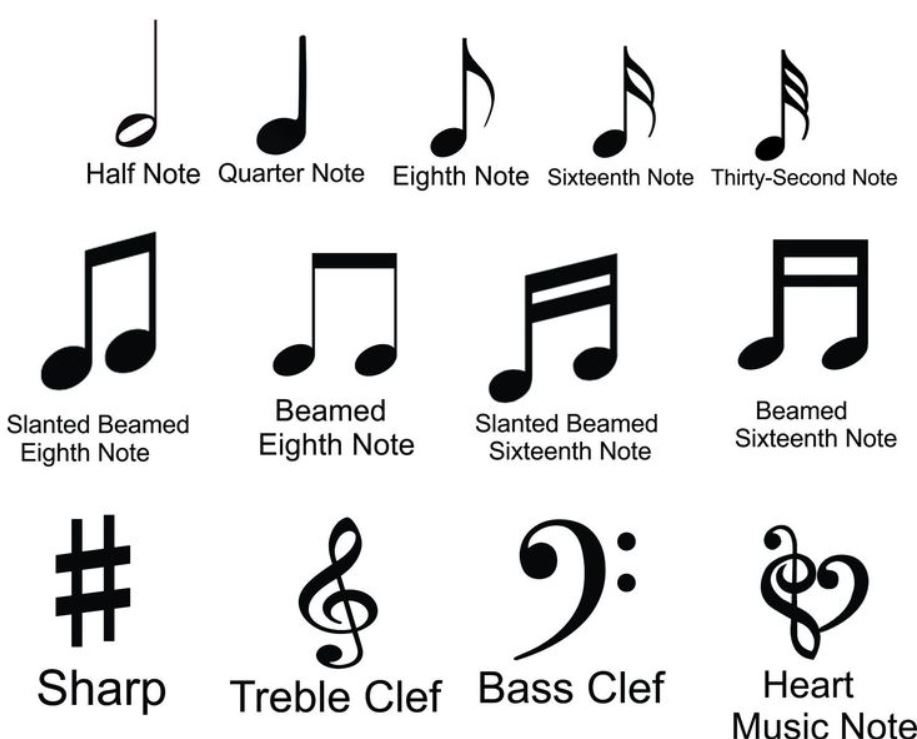
Step 2: Get to Know the Piano Keys
If you’re learning how to play piano for beginners, you must first get comfortable with the piano keys. They are divided into two types: white keys and black keys. The black keys are arranged in sets of two and three. Once you can recognize these groups, finding notes becomes easier.
- White keys: These represent natural notes (A, B, C, D, E, F, G).
- Black keys: These represent sharp (#) and flat (♭) notes. Sharps are higher in pitch, and flats are lower.
Tip:
The black keys can guide you to find the white keys. For example, Middle C is the white key directly to the left of a group of two black keys in the middle of the piano.
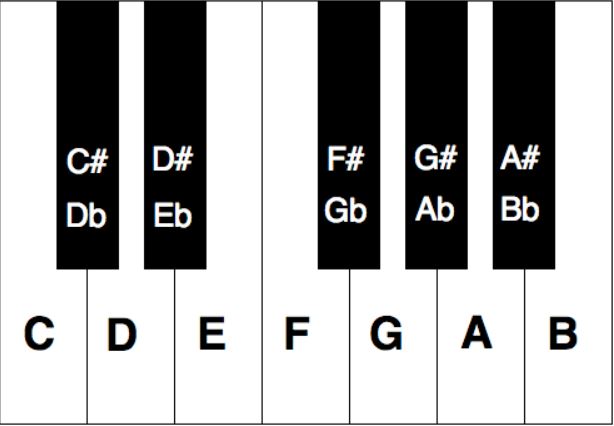
Step 3: Practice Playing the Piano One Hand at a Time
Now that you know the layout, it’s time to learn how to play piano with your right hand. Place your right-hand thumb on Middle C and let the other fingers naturally rest on the keys.
- Finger Numbers: Your thumb is 1, index finger is 2, middle finger is 3, ring finger is 4, and pinky is 5.
- Practice: Play a simple melody using the following finger sequence: 3 2 1 2 3 3 3 – 2 2 2 – 3 5 5 – 3 2 1 2 3 3 3 3 2 2 3 2 1 –
You just played a basic melody!
Then, to develop piano skills further, you’ll need to practice with your left hand. Place your left-hand pinky on the C below Middle C, with each finger resting naturally on the following keys.
- Finger Numbers for Left Hand: Your pinky is 5, ring finger is 4, middle finger is 3, index finger is 2, and thumb is 1.
- Practice: Play the same melody using your left hand with the following sequence: 3 4 5 4 3 3 3 – 4 4 4 – 3 1 1 – 3 4 5 4 3 3 3 3 4 4 3 4 5 –
You’ve now practiced with both hands, which is essential for those who want to learn how to play a song on piano effectively.
Step 4: Hands Together
Once you’ve practiced each hand separately, it’s time to combine them, a crucial step in mastering how to play piano. Use your right hand for the treble clef (higher notes) and your left hand for the bass clef (lower notes). This can feel challenging at first, but with practice, you’ll develop hand independence.
Here’s how the melody looks for both hands:
- Right Hand: 3 2 1 2 3 3 3 – 2 2 2 – 3 5 5 – 3 2 1 2 3 3 3 3 2 2 3 2 1 –
- Left Hand: 3 4 5 4 3 3 3 – 4 4 4 – 3 1 1 – 3 4 5 4 3 3 3 3 4 4 3 4 5 –
Your hands are moving in sync now. Practice this until you feel comfortable.
Step 5: Learn Basic Chords
Understanding chords is essential to learn how to play piano sheet music. Three or more notes that played together form a chord. Start with the following basic chords:
- C Major Chord: Play C, E, and G together.
- F Major Chord: Play F, A, and C together.
- G Major Chord: Play G, B, and D together.
- A Minor Chord: Play A, C, and E together.
| Chord | Notes |
| C Major | C, E, G |
| F Major | F, A, C |
| G Major | G, B, D |
| A Minor | A, C, E |
Chords are used in most songs, so learning these will allow you to play many popular tunes.
Many songs use simple chords that repeat throughout the piece. For example, let’s take “Hey Jude” by The Beatles:
- Chord Progression: G, A, A, D
- Next Progression: G, D, A, D
Practice transitioning between these chords smoothly. Most pop songs use 4 to 6 chords that repeat, making it easy to get started.
Once you’ve mastered the chords, try playing the tune. You can play the melody with your right hand while using chords in your left hand. If you prefer, sing along to the chords while playing them.
Step 6: Learn to Read Music Sheets
Reading sheet music might seem tricky at first, but it’s easier than you think. Learning how to play piano also involves understanding music notation. Music is written on staves, which consist of five lines and four spaces. Each line and space represents a different note. Focus on learning the notes for your right hand first:
- Treble clef: Played with the right hand (higher notes). E G B D F (Every Good Boy Deserves Fun) for the lines, and F A C E for the spaces.
- Bass clef: Played with the left hand (lower notes). G B D F A (Good Boys Deserve Fries Always) for the lines, and A C E G (All Cows Eat Grass) for the spaces.
You’ll also need to understand basic timing in music. Here’s a quick guide:
| Note Type | Beats |
| Whole Note | 4 beats |
| Half Note | 2 beats |
| Quarter Note | 1 beat |
Understanding the timing of notes will help you maintain the rhythm as you play.
Step 7: Practice Basic Songs
Start by playing a simple song like “Do-Re-Mi”, “Twinkle Twinkle Little Star.”, “Jingle Bells” or “Mary Had a Little Lamb.” These songs use basic notes and repetitive patterns, which are perfect for you to master how to learn piano by yourself. Practice moving your fingers up and down the keys while staying in rhythm.
Jingle Bells: This uses a 4/4 time signature, meaning there are four beats per measure.
| Measure | Notes |
| 1st | E E E |
| 2nd | E E E |
| 3rd | E G C D E |
Practice playing one measure at a time before moving on to the next. The key to learning piano is consistent practice. Set aside at least 15 minutes a day to play and review the basics. Over time, you’ll see significant improvement.
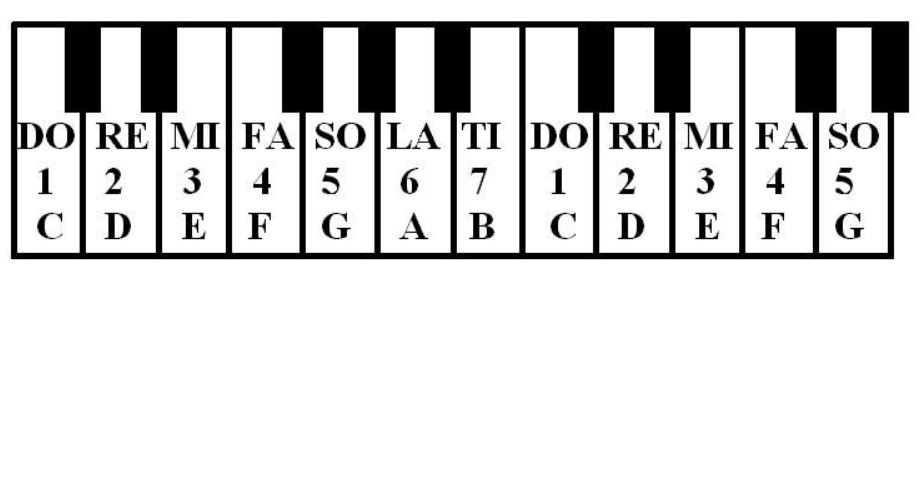
Conclusion
Learning how to play piano doesn’t have to be difficult. By starting with simple songs, practicing regularly, and getting familiar with both the notes and the keys, you’ll quickly make progress. Remember, the key to becoming a skilled pianist is patience and practice. Whether you choose a digital or acoustic piano, enjoy the learning journey and have fun making music!
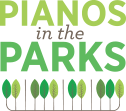
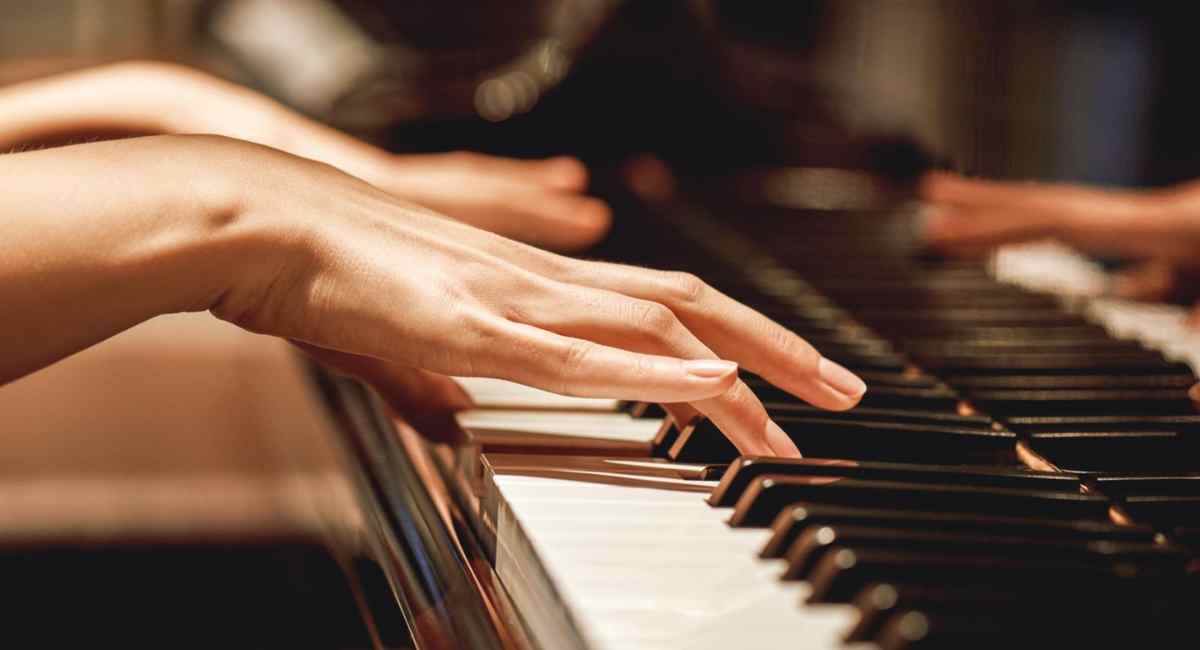

Leave a Reply
Want to join the discussion?Feel free to contribute!